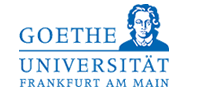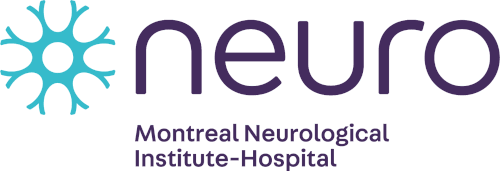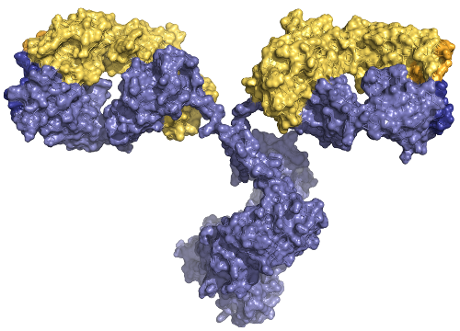 |
 |
 |
 |
 |
 |
Recombinant antibodies within the SGC network

Antibodies are among the most commonly used research tools in biomedicine and have many uses, such as detection of proteins, monitoring protein localization in cells and tissues, and studying protein-protein interaction and signalling networks. In addition, the number of antibodies used for diagnostic and therapeutic purposes is steadily increasing. Functional antibodies are capable of blocking crucial cell signalling interactions and have paved the way for a rapidly growing class of medicines - therapeutic antibodies. This class of drugs is very successful and consists of well-validated molecules. Although therapeutic antibodies are on the rise, they are small in number and highly protected by patents.
There are tens of thousands of research tool antibodies available on the market, but most of them are not renewable and often poorly validated. Studies on their general performance have shown that less than half bind to their intended target [1]. In turn, this leads to a vast amount of unreliable results and research money to be spent in vain [2]. As high quality antibodies are not available for many human proteins, our ability to explore human biology and understand disease is severely hampered. Partly as a result of this lack of reagents, most biological research remains focused on genes and proteins that were known prior to the sequencing of the human genome [3].
Due to these facts, there is a strong need for well-validated and open access research tool antibodies. To meet this need SGC has been part of several projects to generate recombinant antibodies to SGC target proteins since 2008.
SGC Antibody projects:
The SGC’s first antibody project started in 2008. The pilot project was on SH2 domains to investigate which pipeline to generate antibodies would be the most successful. The results were published in Nature Methods in 2011 [4].
The second project on generating recombinant antibodies to proteins involved in epigenetic signalling was partly funded by Life Technologies (now Thermo Fisher) and run out of the SGC Toronto site from 2011 to 2013 [5, 6].
The third, and current, project began in 2015 and is part of the IMI-funded ULTRA-DD project carried out in collaboration with the human recombinant antibody facility at the Drug Discovery and Development Platform at the Science for Life Laboratory (SciLifeLab DDDP) in Stockholm Sweden.
Open-access policy
All results, reagents, antigens and antibodies generated in these projects are released immediately and are shared freely with everyone asking for them for research purposes. Our goal is to allow scientists world-wide the opportunity to use our reagents for their own research.
References:
-
Berglund L, Bjorling E, Oksvold P, Fagerberg L, Asplund A, Szigyarto CA, Persson A, Ottosson J, Wernerus H, Nilsson P, Lundberg E, Sivertsson A, Navani S, Wester K, Kampf C, Hober S, Ponten F, Uhlen M (2008) A genecentric Human Protein Atlas for expression profiles based on antibodies. Mol Cell Proteomics 7 (10):2019-2027. doi:10.1074/mcp.R800013-MCP200
-
Bradbury A, Pluckthun A (2015) Reproducibility: Standardize antibodies used in research. Nature 518 (7537):27-29. doi:10.1038/518027a
-
Edwards AM, Isserlin R, Bader GD, Frye SV, Willson TM, Yu FH (2011) Too many roads not taken. Nature 470, 163–165 doi:10.1038/470163a
-
Colwill K; Renewable Protein Binder Working Group, Gräslund S. A roadmap to generate renewable protein binders to the human proteome. Nat Methods. 2011 May 15;8(7):551-8. doi: 10.1038/nmeth.1607.
-
Marcon E, Jain H, Bhattacharya A, Guo H, Phanse S, Pu S, Byram G, Collins BC, Dowdell E, Fenner M, Guo X, Hutchinson A, Kennedy JJ, Krastins B, Larsen B, Lin ZY, Lopez MF, Loppnau P, Miersch S, Nguyen T, Olsen JB, Paduch M, Ravichandran M, Seitova A, Vadali G, Vogelsang MS, Whiteaker JR, Zhong G, Zhong N, Zhao L, Aebersold R, Arrowsmith CH, Emili A, Frappier L, Gingras AC, Gstaiger M, Paulovich AG, Koide S, Kossiakoff AA, Sidhu SS, Wodak SJ, Graslund S, Greenblatt JF, Edwards AM (2015) Assessment of a method to characterize antibody selectivity and specificity for use in immunoprecipitation. Nat Methods 12 (8):725-731. doi:10.1038/nmeth.3472
-
Zhong N, Loppnau P, Seitova A, Ravichandran M, Fenner M, Jain H, Bhattacharya A, Hutchinson A, Paduch M, Lu V, Olszewski M, Kossiakoff AA, Dowdell E, Koide A, Koide S, Huang H, Nadeem V, Sidhu SS, Greenblatt JF, Marcon E, Arrowsmith CH, Edwards AM, Gräslund S. Optimizing Production of Antigens and Fabs in the Context of Generating Recombinant Antibodies to Human Proteins. PLoS One. 2015 Oct 5;10(10):e0139695. doi: 10.1371/journal.pone.0139695.
